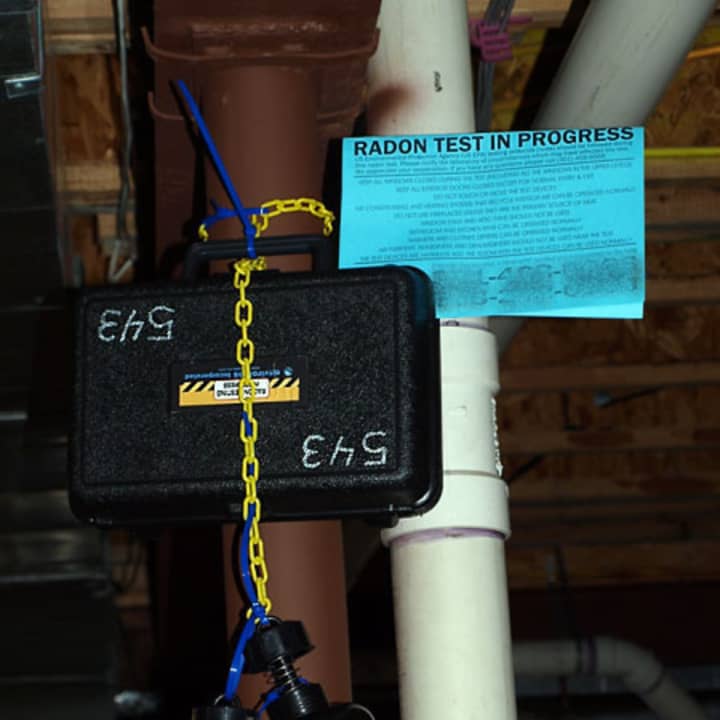Because radon is invisible and odorless, it’s easy to ignore this potential hazard in our homes, according to Dawn Cetrulo, Supervisor of the Ridgewood Health Department.
“Radon is a serious health risk. It is the second leading cause of lung cancer -- and the leading cause of lung cancer among non-smokers,” she said.
Radon is a radioactive gas that occurs naturally when uranium and radium break down in the soil and in rock formations. Radon gas moves up through the soil and finds its way into homes through cracks in the foundation and openings around pumps, pipes and drains.
During Radon Action Month, Ridgewood will provide radon information in Village Hall at the Health Department on Level Five.
Radon is measured in picoCuries per liter (pCi/L) of air. The average U.S. indoor level is 1.3 pCi/L. At 4 pCi/L, the risk of lung cancer from radon is greater than the risk from fire or other home accidents.
The U.S. Environmental Protection Agency and the DEP recommend that action be taken to reduce radon levels if the level in the home is greater than or equal to 4 pCi/L.
Test kits can also be obtained from many hardware If the test indicates a radon problem, radon mitigation systems can be installed at a cost similar to that of other home repairs. A list of certified mitigation companies is also available from the Radon Program.
For more information on radon, contact the Ridgewood Health Department at 201-670-5500, ext. 502.
Click here for more information from the DEP Radon Program or call 800-648-0394.
Click here to follow Daily Voice Ridgewood and receive free news updates.


